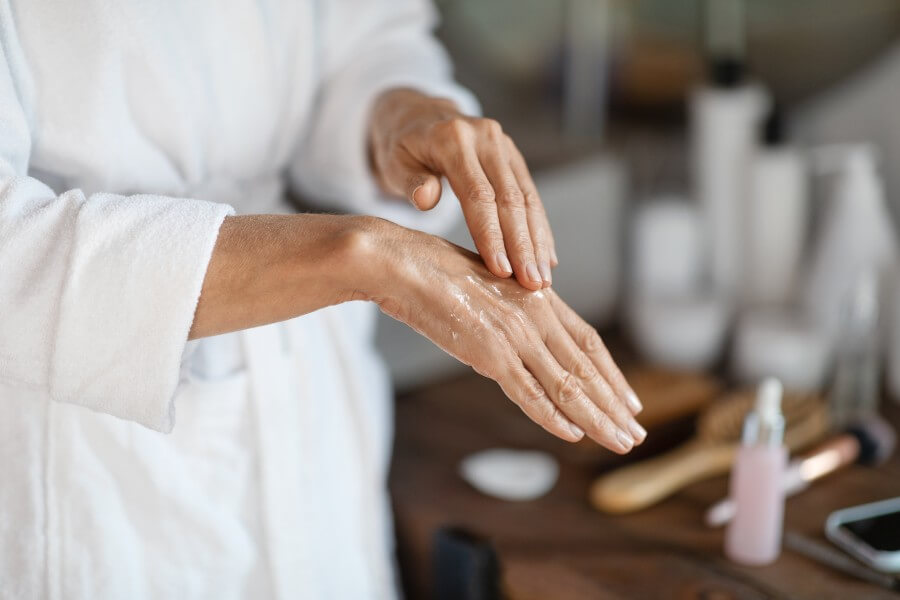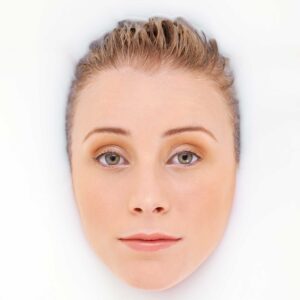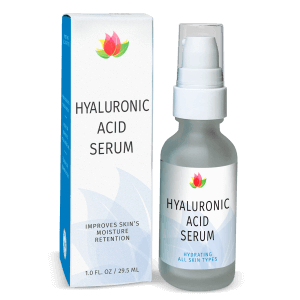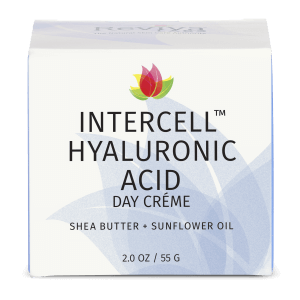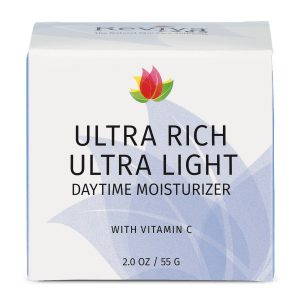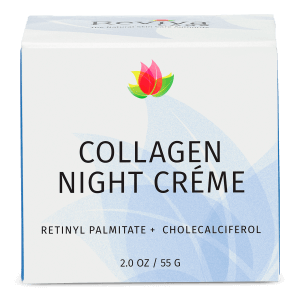Reviva Labs, Skin Care
Can Dry Skin Ever Be Cured?
Dry skin is a common condition that affects many people at different stages of their lives. It is characterized by a lack of the appropriate amount of moisture in the most superficial layer of the skin, the epidermis. While dry skin itself is usually not a serious health issue, it can be uncomfortable and may lead to more serious conditions if not properly managed. The key to managing dry skin effectively is understanding its causes, identifying the best treatments, and knowing whether it can be completely cured.
What Causes Dry Skin?
The causes of dry skin are numerous and can include environmental factors, lifestyle choices, and underlying health conditions. Common environmental factors include low humidity levels, especially during winter when heating systems are used extensively. Wind, cold temperatures, and excessive bathing or hand washing can also strip the skin of its natural oils. Lifestyle factors such as using harsh soaps, detergents, or skincare products that contain irritants can exacerbate the condition. Furthermore, certain medical conditions like eczema, psoriasis, and diabetes can predispose individuals to having dry skin.
Can Dry Skin Be Cured?
The question of whether dry skin can be cured depends on its underlying cause. In many cases, dry skin is a condition that can be managed rather than cured. Managing dry skin often involves a combination of lifestyle changes and skincare routines. For those whose dry skin is a result of environmental factors or lifestyle choices, improvements can often be seen by adopting a more skin-friendly routine.
For individuals whose dry skin is linked to a medical condition, management becomes more about controlling the condition and alleviating the symptoms rather than curing them entirely. It is important to consult with healthcare professionals to understand the specific nature and underlying cause of dry skin to tailor an appropriate treatment plan.
Effective Treatments for Managing Dry Skin
One of the first steps in managing dry skin is to hydrate and moisturize the skin effectively. This often involves using ointments, creams, and lotions that are designed to lock in moisture, replenish skin oils, and restore the skin barrier. Products containing ingredients like hyaluronic acid, glycerin, and ceramides can be particularly effective because they draw moisture into the skin and retain it there.
In addition to topical treatments, modifying bathing habits can significantly impact the health of dry skin. This includes bathing in warm (not hot) water, limiting bath time, and using mild, fragrance-free cleansers instead of harsh soaps. Immediately applying a moisturizer after bathing can also help lock in moisture.
Lifestyle Adjustments to Combat Dry Skin
Beyond skincare products and routines, making certain lifestyle adjustments can help manage dry skin effectively. Ensuring adequate hydration by drinking plenty of water is a simple yet effective step. Using a humidifier in the home can also help maintain a more favorable level of humidity, especially in dry winter months.
Diet also plays a role in skin health. Consuming foods rich in omega-3 fatty acids, such as fish, flaxseeds, and walnuts, can help maintain the skin’s natural oil barrier, which is crucial in keeping the skin hydrated and supple.
The Role of Medical Treatments
When lifestyle modifications and over-the-counter products are not enough to manage dry skin, medical treatments may be necessary. For those with more severe conditions like eczema or psoriasis, prescription creams and ointments, such as corticosteroids or calcineurin inhibitors, might be prescribed to reduce inflammation and alleviate dryness.
Additionally, recent studies suggest that advancements in medical treatments for skin conditions can significantly improve the management of dry skin. For example, a 2021 study found that a new class of topical therapies was able to improve skin hydration and barrier function in patients with dermatological conditions leading to dry skin.
Monitoring Progress and When to Seek Help
It is important for individuals suffering from dry skin to monitor their condition regularly. Changes in the skin’s appearance, texture, or level of discomfort should prompt a consultation with a healthcare professional. Seeking advice early can prevent the condition from worsening and leading to more severe skin issues, such as infections.
Regular check-ups with a dermatologist can also provide insights into the effectiveness of the chosen treatment plan and whether any adjustments are necessary. This is particularly important for those who have underlying health conditions that affect skin health.
Understanding Dry Skin: Causes and Treatments
While dry skin may not always be curable, it is certainly manageable with the right combination of treatments, lifestyle changes, and medical advice. Understanding the specific causes of dry skin and how they affect everyone can lead to more effective, personalized care plans. With diligent management, most people can achieve and maintain healthy, hydrated skin.



